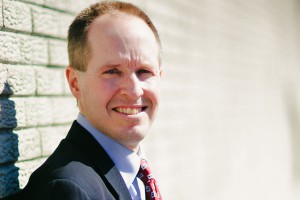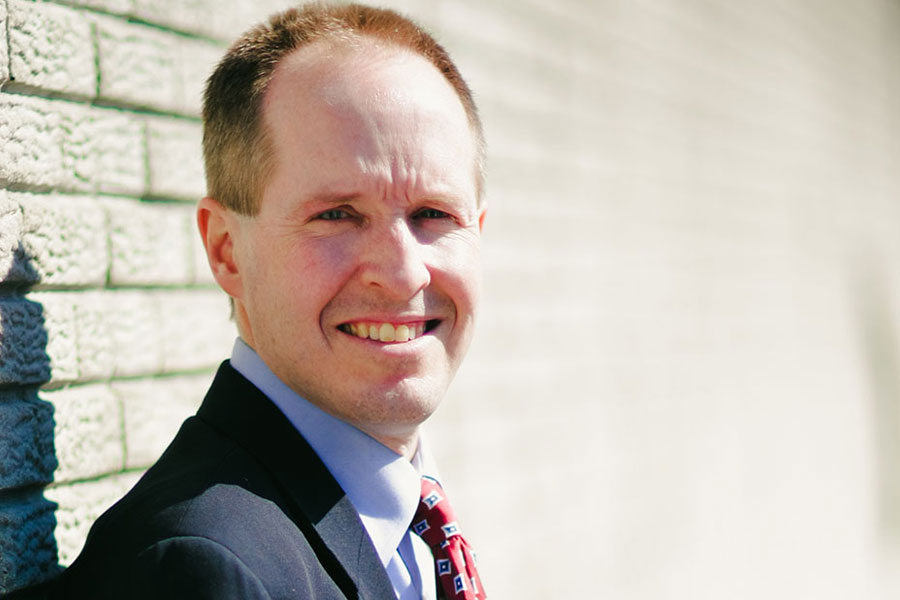 A rising star in the crowded health care consulting galaxy, Wellco is making a name for itself by leveraging data to fix companies’ wellness programs and reduce overall health care costs.
A rising star in the crowded health care consulting galaxy, Wellco is making a name for itself by leveraging data to fix companies’ wellness programs and reduce overall health care costs.
Health care costs have been increasing at an annual rate of 10 percent or more, points out Scott Foster, founder of Wellco, which is based in Royal Oak, Mich. “What’s more, the average employer spends more than $10,000 per employee on medical costs each year, and about 95 percent of those dollars go toward sick care, which is controllable.”
Lack of awareness is a large part of the problem. “Executives are way off on how much they spend on avoidable health care costs because they devote little time to it,” Foster explains. “They view health care as a benefit rather than an operational cost and relegate it to a line-item budget issue in their HR department.”
In response Wellco has developed proprietary technology to collect and crunch health care data — and align it with operational metrics that enable CEOs to make better decisions. For example, the company’s HealthHammer system analyzes medical claims, avoidable costs, biometrics and health risks of employees. Then it produces dashboards that identify potential dollar savings in terms of lower medical care and absenteeism and higher productivity. Named for its ability to flatten increasing health care costs to a “zero trend,” HealthHammer has achieved a return on investment of nearly $3 for every $1 spent on wellness programs.
“There’s been a lot of buzz around employee wellness, but most programs have no data to show if they’re working — and they’re not an operational priority,” Foster says. “Companies may offer lunch-and-learn sessions with a visiting nurse or ‘biggest loser’ contests, but these events aren’t integrated into operations. They try it, then get busy or staff turns over, and two years later, the wellness program is gone.”
